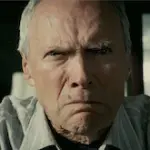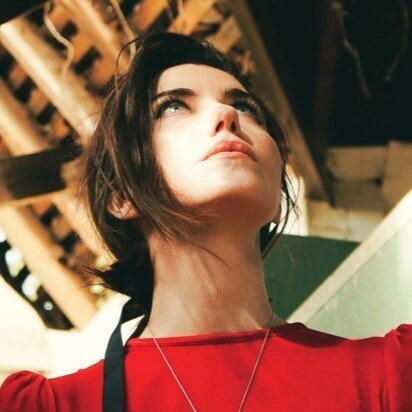Perso mon Blu de testage reste king kong , rien a dire , techniquement c'est imparable





“It’s one of the best pieces of writing anyone has ever passed to me,” says Mann matter of factly, when I ask what drew him to the project. It has a motley crew of characters, including a quartet of degenerate gamblers who could have walked straight off the pages of a Charles Bukowski novel.
HBO, Mann says, “isn’t really like any place else. It’s not really analogous to television, which is why they’ve attracted the people they’ve attracted in the last couple of years to do this work. It’s why Marty [Scorsese] would do Boardwalk Empire, why Tom Hanks and Steven Spielberg have worked there [producing The Pacific]. You have a total free hand.”
In the pilot episode of Luck, Dustin Hoffman’s character, Ace Bernstein, is freshly released from prison and revered by his friends who greet him on his return to the outside world. But he is stiff, rigid and so tightly wound he looks ready to explode. On the other hand, Nolte’s character Walter Smith is alone, sad and fixated on a racehorse that looks like it has champion potential. “Nolte exudes a sense of isolation, shame, some scandal in his past without you knowing anything about it,” says Mann afterwards.
Mann’s ability to crank up the tension is evident even in the few minutes of the Luck episode that I see. The viewer is thrown into the middle of a horserace at the Santa Anita track, horses panting, hooves pounding the dirt.
He has bought the rights to the story of Robert Capa, the war photographer who, together with Henri Cartier-Bresson, founded Magnum Photos. Jez Butterworth, the author of plays including Jerusalem and Mojo, has been enlisted to write the script. “It’s about a tumultuous love affair Capa has with Gerda Taro,” Mann explains. Born Endre Friedmann, Capa was a Hungarian who came to Paris. “He and Gerda invented a different persona, that he was a romantic American photojournalist. They meet in Paris as refugees – despised and alone in a period of European history which is a cascade of conflicts.”
Mann also has his eye on an epic tale set in medieval Europe, about the build-up to the 15th-century battle of Agincourt between England and France. The inspiration for the film came in Paris when Mann went to visit La Sainte-Chapelle, a gothic chapel, on the advice of his friend Richard Rogers, the architect.
“We went to see it and it blew me away. From that, it becomes: ‘Can I locate myself, an audience, in a medieval perspective?’”
He is also developing a mafia tale that will return him to his Chicago roots. Big Tuna is the story of Tony Accardo and the younger man who succeeded him, Sam Giancana. “Here’s an older man who was the undisputed boss at a time when the Chicago outfit was the most powerful crime element in America. It becomes a classic tragedy of megalomania and hubris,” Mann says.
















 pis qu'il va embaucher un top scénariste aussi ce serait pas du luxe
pis qu'il va embaucher un top scénariste aussi ce serait pas du luxe 




Milkshake a écrit:
. Un film médiéval épique narrant l'histoire d'un jeune archer échappant à sa peine de mort grâce à ces talents d'archer dont Henry 4 va se servir pour gagner la bataille Azincourt, une des batailles les plus connu de la guerre de cent ans entre les anglais et les français.










 MANHUNTER sort en bluray a l'unite ( dispos en US dans le coffret lecter mais locker ) en UK le 28 mars 2011 , je sais que le film a ces fan (
MANHUNTER sort en bluray a l'unite ( dispos en US dans le coffret lecter mais locker ) en UK le 28 mars 2011 , je sais que le film a ces fan ( 









Utilisateurs parcourant ce forum: Aucun utilisateur enregistré et 5 invités
